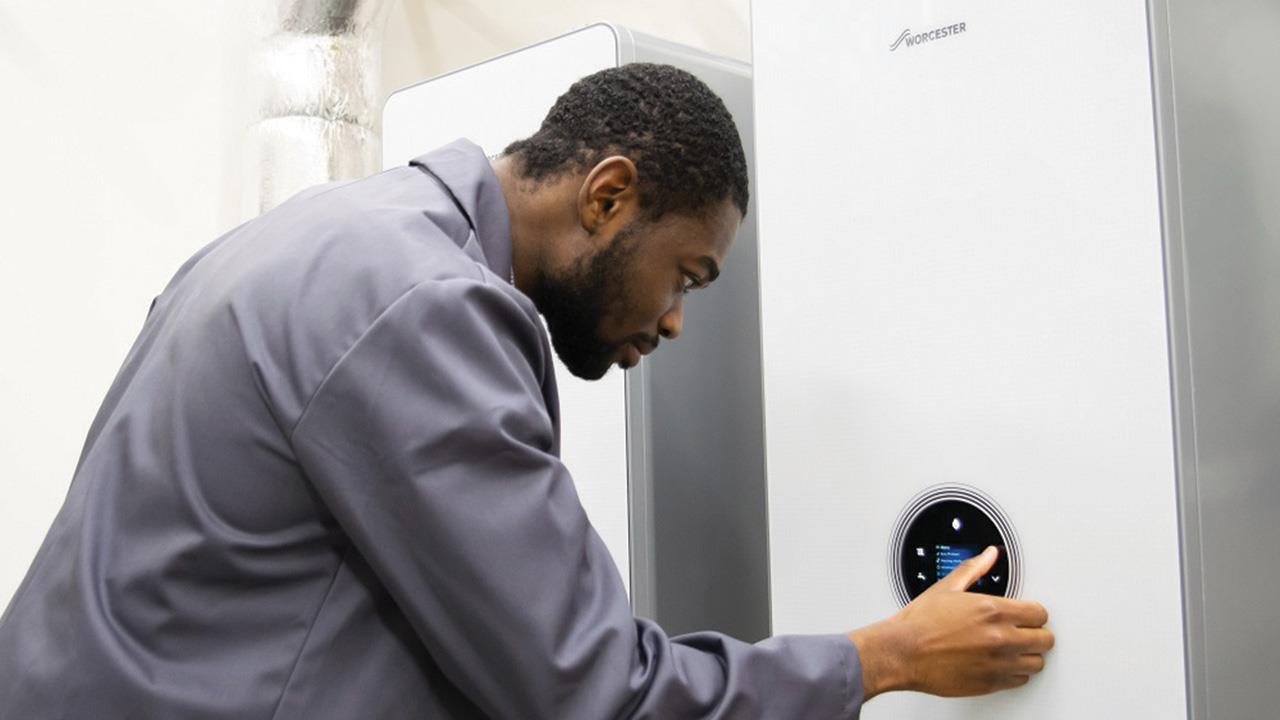

Hydrogen plans in the UK are beginning to come to fruition, which is exciting news for the industry. We have seen an increase in trials being rolled out ahead of the government’s net-zero target, as relevant parties seek to ensure that hydrogen is ready to help meet this important decarbonisation goal.
While plans haven’t been finalised yet, it’s worth thinking about how installers and homeowners should prepare for the possible switch.
Ongoing trials
Currently, there are several trials ready to go or underway. Two are in the North of England, and a third approved trial is about to begin in Fife, Scotland.
The latter Scottish trial features a subtle difference from the others, because the trial is taking place within occupied homes and has a voluntary nature. With around 300 occupied homes involved, householders will be invited into a hydrogen way of life. The government is supportive of this approach, as it won’t force anyone who isn’t comfortable making the switch at this stage.
These trials are currently at the forefront of the UK’s hydrogen strategy. All network providers have also submitted plans to the Department of Business, Energy and Industrial Strategy (BEIS) for a community-type trial, which will involve roughly around 2,000 properties in various locations around the country.
These trials are due to be assessed by BEIS throughout 2022, and all will be funded in some way by the government. The chosen trial will be up and running by 2025, so the government is taking a cautious approach. There are also other ongoing voluntary work or non-government funded investigations into hydrogen’s viability as a future energy source.
Hydrogen-ready
In addition to the various trials taking place across the country, a raft of standards are being proposed for pipework, valves, fittings, appliance testing, etc. with a strong focus on how to create an infrastructure in which hydrogen can operate.
However, it is still early days, and we expect a decision to be issued by 2026 on whether hydrogen-ready boilers are the only boiler type which will be available on the market. Worcester Bosch is currently working on building evidence to see if everything is safe, and if tenants and occupiers of properties are happy with their experience of hydrogen.
Government has also made a committment to the production of hydrogen, with an expectation that 5GW of gas will be produced by 2030 – something we don’t feel is all that ambitious. We believe, and so do the network providers, that this goal could have been twice that amount, but this is nonetheless extra proof of the government’s level of commitment to hydrogen.
On this evidence, the government clearly sees hydrogen as one of the potential solutions to help us achieve its net-zero goal, even though the Heat and Buildings Strategy is leaning heavily towards electrification.
The electrification route is practical in the short term; it is immediate and we can start reducing carbon now by fitting or encouraging the installation of heat pumps and mandating them into newbuild properties. This, unfortunately, is something that we currently are not able to offer with hydrogen.
Ultimately, it appears as though hydrogen will just be one piece in the jigsaw puzzle when it comes to meeting net-zero targets.
Installer impact
The government’s hydrogen plans are unlikely to impact upon installers for some time.
Hydrogen blend appliances that can take up to 20% of hydrogen and 80% natural gas have been available for 20 years.
There will be a small group of installers who are impacted with 100% hydrogen-ready boilers, however those installers have been involved fitting boilers in the field trials mentioned earlier.
A training programme is being created, which we at Worcester Bosch are involved in, as are the other manufacturers of boilers supplying products for the trials.
In summary, there is no immediate impact to the installer. There will however be a need to keep up with updates on what to expect in the next few months.
When some certainty can be derived from government policies, it is likely then, and only then, will installer training programmes begin to roll out.
If you'd like to keep up-to-date with the latest developments in the heating and plumbing industry, why not subscribe to our weekly newsletters? Just click the button below and you can ensure all the latest industry news and new product information lands in your inbox every week.